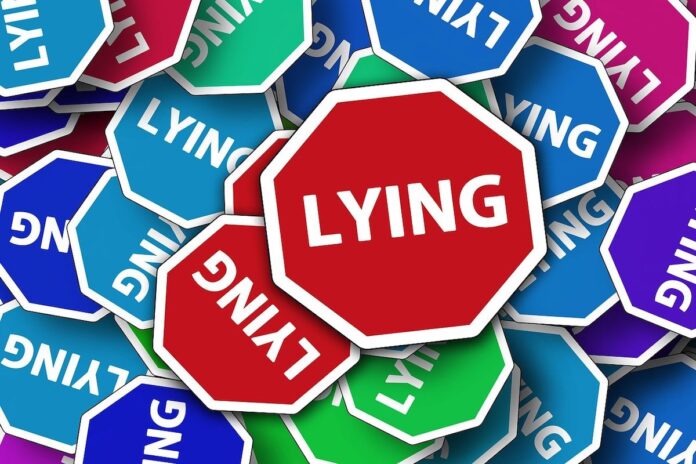Time’s running out for businesses making sweeping environmental claims they can’t justify.
Sustainability claims made by businesses in the UK are the subject of an investigation by the Competition & Markets Authority (CMA).
The move follows the publication in autumn 2021 of the CMA’s Green Claims Code for businesses
What are the CMA’s recommendations?
“…we plan to shine a light on what businesses can and can’t do under current competition and consumer laws, as well as advising the government on changes that will help people shop more sustainably,” says Sara Cullen, general counsel at the CMA.
Clearly, the CMA wants to make it easier for consumers to make choices based on sustainability.
It recognises that terms such as “recycled” and “carbon neutral” can be misleading, and that consumers would be helped if such terms were defined in law. In turn, this would support the Green Claims Code.
The CMA considers that businesses can work together to reduce the impact which the industry has on the environment without breaching competition law.
Currently, for example, the pooling of resources or expertise to reduce waste by two or more businesses, or via a coordination of its members by a trade association, can give rise to an infringement of competition law.
The CMA believes that greater clarity concerning competition law and the issue of sustainability would provide businesses with confidence that competition law infringement would not take place.
What is the CMA investigating?
The CMA believes that businesses regularly make statements concerning the environmental characteristics of their goods and businesses without justification or a lack of evidence to support the claims being made.
The CMA points to entire lines being marked as “eco-friendly” or “sustainable” without brands or retailers being able to demonstrate that that the whole process - from manufacture to packaging, sale and delivery - is environmentally friendly.
Similarly, where unfair comparisons are made that individual items are “better for the environment” when there is no statement as to how the particular item is better for the environment than another.
On this point, Cecilia Parker Aranha director of consumer protection at the CMA said:“I was really sceptical about anybody that’s making a sweeping claim that a product is “eco” or “sustainable” because the business has to really show that every element of the product from production through to disposal will be good for the environment, not harmful to the environment.
“The other thing I would watch is if they say that they’re “made with recycled fibres”. They’re often only made with 16% to 20% recycled fibres.”
What might the CMA do?
The CMA is soon expected to publish a list of the worst offenders.
Going forwards, having allowed businesses time to adjust the claims that are being made, it would be no surprise if the CMA sought to take advantage of existing legislation by encouraging Trading Standards to pursue a prosecution against a high-profile target.
How should companies respond?
- Businesses should be aware that existing consumer law allows actions to be pursued against them by consumers and Trading Standards if unsupported environmental claims are made about their goods. It’s not a question of waiting for new legislation to pass through Parliament - although in the event that there is new legislation, it’s likely only to make it easier for claims to be pursued against businesses!
- On a B2B basis, increasingly retailers and franchisees are likely to require express warranties by brands and distributors as to the accuracy of environmental claims. Even where such warranties are not included in the sale contract, it’s possible that unsupported claims could result in goods not being of satisfactory quality and, as a result, giving rise to claims for damages for breach of an implied term of the contract for the sale of goods.
- Businesses have an opportunity to check and make changes where necessary to their supply chains to ensure that environmental claims can be supported by evidence. In turn, this means putting in processes which will allow such evidence to be obtained and maintained. In so doing, they may well be able to steal a march on some competitors.
- Separately, brands are likely to face growing requirements from major retailers to adjust their supply chains in order to ensure that the retailers can credibly make their own environmental claims.
- Conversely, brands which make false environmental claims or claims that cannot be sustained by evidence can be expected to suffer damage to their reputations.
About the author: Stephen Sidkin is a partner at Fox Williams LLP (www.fashionlaw.co.uk; www.foxwilliams.com)

















